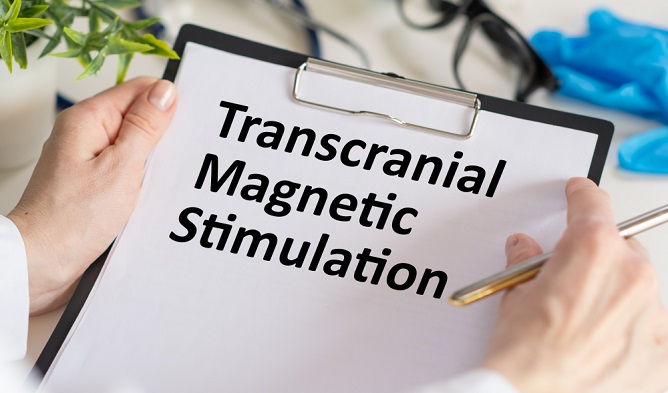
The future of NeuroStar TMS therapy looks promising as researchers continue to explore new ways to use this non-invasive treatment for depression. In fact, depression treatment in Massachusetts is already advanced.
Here are some of the advancements and research being conducted:
- Developing New Protocols
Researchers are exploring new TMS treatment protocols, such as intermittent theta burst stimulation (iTBS), which may provide a more efficient and effective treatment for depression. - Personalizing Treatment
Researchers are working to develop personalized TMS treatment plans based on an individual’s brain activity and other factors, such as genetics. You may look for a licensed and certified psychiatrist in Massachusetts that does personalized treatment. - Expanding Treatment Options
Researchers are exploring the use of TMS therapy for other mental health conditions, such as anxiety, post-traumatic stress disorder (PTSD), and obsessive-compulsive disorder (OCD). - Combining Treatments
Researchers are exploring the use of TMS therapy in combination with other treatments, such as cognitive-behavioral therapy (CBT) or medication, to improve outcomes for patients with depression. - Research on Long-Term Effects
Researchers continue to study TMS therapy’s long-term effects, including the potential for sustained symptom relief and the impact on a patient’s quality of life.
As research advances, TMS therapy will likely become an even more effective and accessible treatment option for individuals struggling with depression.
If you’re currently actively seeking a depression clinic in South Shore, MA, contact South Boston TMS.




Leave a Reply